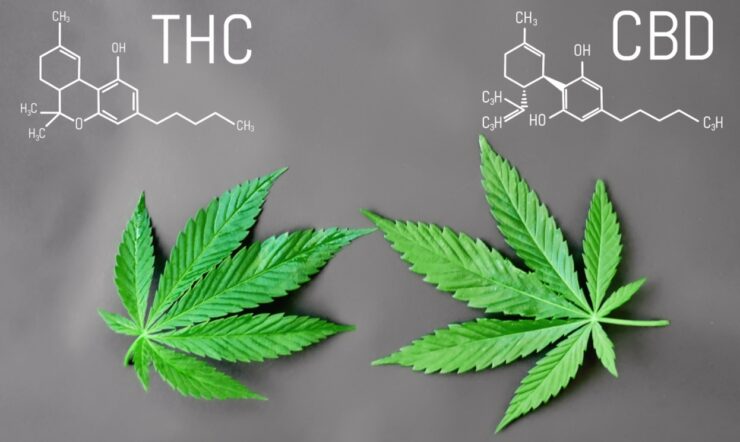Cannabis is a mood-altering drug that has been used for both recreational and medicinal purposes. A chemical found in cannabis, known as THC (delta-9-tetrahydrocannabinol), is responsible for the “high” your body feels after using marijuana.
On the other hand, people have started to use CBD oil to treat several medical conditions such as anxiety and depression. This article will explore whether or not there’s any benefit in using THC or CBD to treat depression.
So, which is better for treating depression, THC or CBD?
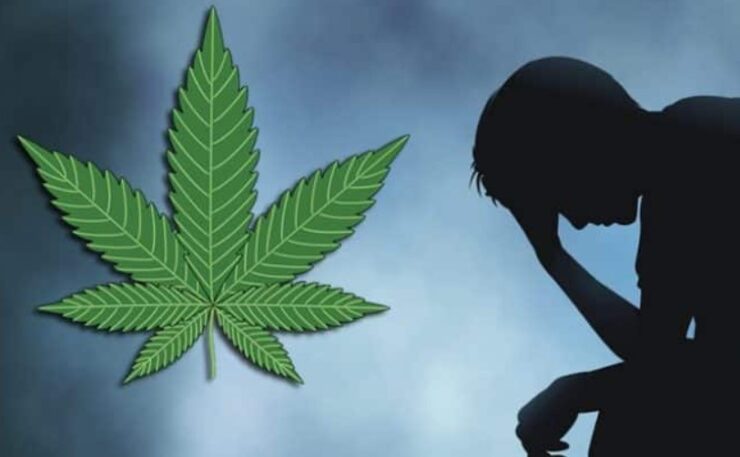
According to Botanicam there is a growing interest in using it for medicinal purposes. More and more patients have been asking their doctors whether they can use it to treat their anxiety or depression. However, does this mean that THC should be disregarded? After all, many people use marijuana because of its mood-altering effects. To answer the question of which substance you should choose, let’s first understand what each substance does before we determine which one is better at treating depression.
Let’s start with THC: As stated earlier, THC is a psychoactive chemical found in cannabis that causes feelings of euphoria and relaxation while decreasing stress and making you feel tired. It works by binding to cannabinoid receptors in your brain, used for signaling and coordination between cells. Since THC signals the part of your brain that controls pleasure, memory, thinking, concentration, movement, coordination, or sensory and time perception, consuming marijuana causes impairment in these functions.
While it only takes a few minutes to feel effects when inhaling marijuana smoke or vapor, it can take hours before they are felt when ingesting edibles. This is because THC needs to pass through your digestive system before entering the bloodstream. Though studies have shown that it may ease symptoms and possibly even treat depression itself when it comes to the oil.
On the other hand, clinical trials have found that using low doses of THC does not have mood-altering effects and could treat depression. In one study, it was found to have antidepressant effects that were fast-acting and comparable to a conventional pharmaceutical. Studies show that CBD oil may even work better than a prescription antidepressant to treat some of the symptoms of depression when taken alone or combined with other cannabinoids such as THC.
While some studies have suggested that CBD works better than THC at treating anxiety, mood disorders, and pain symptoms, it’s important to note that these were done on animals. More clinical trials are needed before any definite conclusions can be made about which is more effective for depression treatment.
However, while both cannabinoids have potential use in treating depression, there are still some side effects associated with them. These include dry mouth, drowsiness, and changes in appetite. Some people may also experience fatigue, irritability, or anxiousness after taking either substance. As a result, a combination of THC and CBD is the most effective method of treating depressive symptoms as it reduces adverse side effects compared to using just one cannabinoid.
In conclusion, there is much evidence that suggests it can be an effective treatment for both depression and anxiety. However, the way it works is still unknown. On the other hand, while using THC may help treat symptoms of depression since it can cause cognitive impairment and make existing issues worse, it should not be used independently but rather in combination with CBD.
Are There Any Benefits Of Using CBD To Treat Depression?
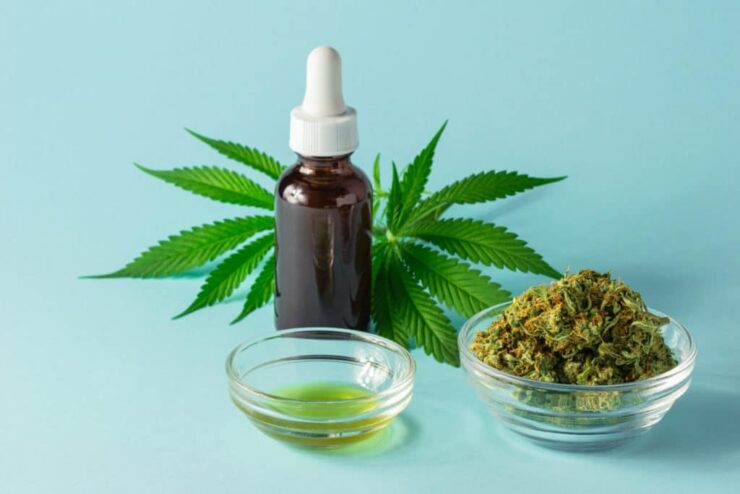
Although the psychoactive properties of THC have made it a topic of controversy, CBD has been shown to exhibit a multitude of therapeutic benefits. A recent study found that CBD could be as effective as traditional pharmaceuticals in treating depression.
This study discovered that using CBD to treat depressive symptoms is safe and well-tolerated among participants, with few adverse effects. According to the authors: “The presented data provide evidence for the safety and tolerability of repeated-dose treatment with CBD in healthy subjects … CBD has beneficial effects in patients with anxiety and depressive symptoms.” The findings were published Jul 26 in the Journal of Psychopharmacology.
In a separate study, scientists found that it has antidepressant-like effects similar to those of traditional medications. The research, published in the January 2013 issue of European Neuropsychopharmacology, discovered that using CBD “caused rapid and sustained antidepressant-like effects” among mice with unpredictable chronic mild stress (UCMS).
The researchers proposed that this was due to its ability to increase hippocampal neurogenesis — or reproduction of neurons in the hippocampus — a brain region tied directly to depression. According to the authors: “These results suggest that CBD could represent a novel fast antidepressant drug, via enhancing both serotonergic and cortical glutamate signaling through a 5-HT1A receptor-dependent mechanism.”
How Can THC Or CBD Treat Depression?
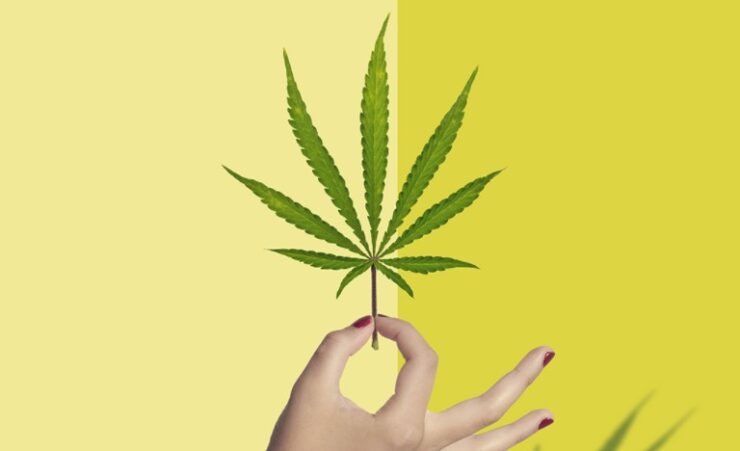
The researchers believe that CBD oil may improve depressive symptoms by targeting and engaging with serotonin receptors found throughout the central nervous system (Campos et al., 2013). However, there is a lack of research on how CB1 cannabinoid receptors affect the release of serotonin from neurons to engage with these receptors.
In addition, chronic stress has been proven to desensitize CB1 cannabinoid receptors. The receptors are located throughout the brain and produce neurotransmitters such as norepinephrine and dopamine (Kiraly et al., 2014). This suggests that THC may reduce depressive symptoms by first desensitizing CB1 receptors to make changes in neurotransmitters.
What Are The Side Effects Of Using THC Or CBD To Treat Depression?
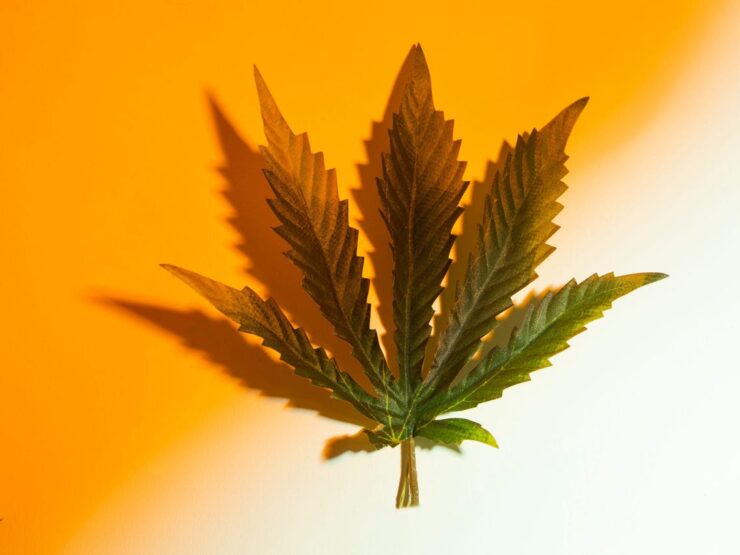
The use of cannabis for treating depression has received more attention recently, but the long-term effects on one’s health are still unknown (Grinspoon & Bakalar, 1997). This is because people have been using marijuana for decades without knowing its full therapeutic potential.
While using CBD oil may increase serotonin levels which is beneficial in treating depression, it can also lead to several side effects such as drowsiness or fatigue (Russo et al., 2007; Morgan et al., 2010). On the other hand, while THC has been proven to relieve depressive symptoms caused by chronic stress, it may cause a “high” feeling which can negatively affect one’s daily life activities.
Conclusion
Based on the research studies, it is evident that CBD oil has been used to effectively treat depression by targeting and engaging with serotonin receptors found throughout the central nervous system. This also implies that THC may alleviate depressive symptoms by first desensitizing CB1 cannabinoid receptors, which changes neurotransmitters such as norepinephrine and dopamine.
In addition, CBD oil has fewer side effects than THC, making it an appealing choice for people who wish to use cannabis as an antidepressant. Furthermore, more studies need to be done to fully comprehend how both chemicals interact with the human body and bring about therapeutic benefits.

